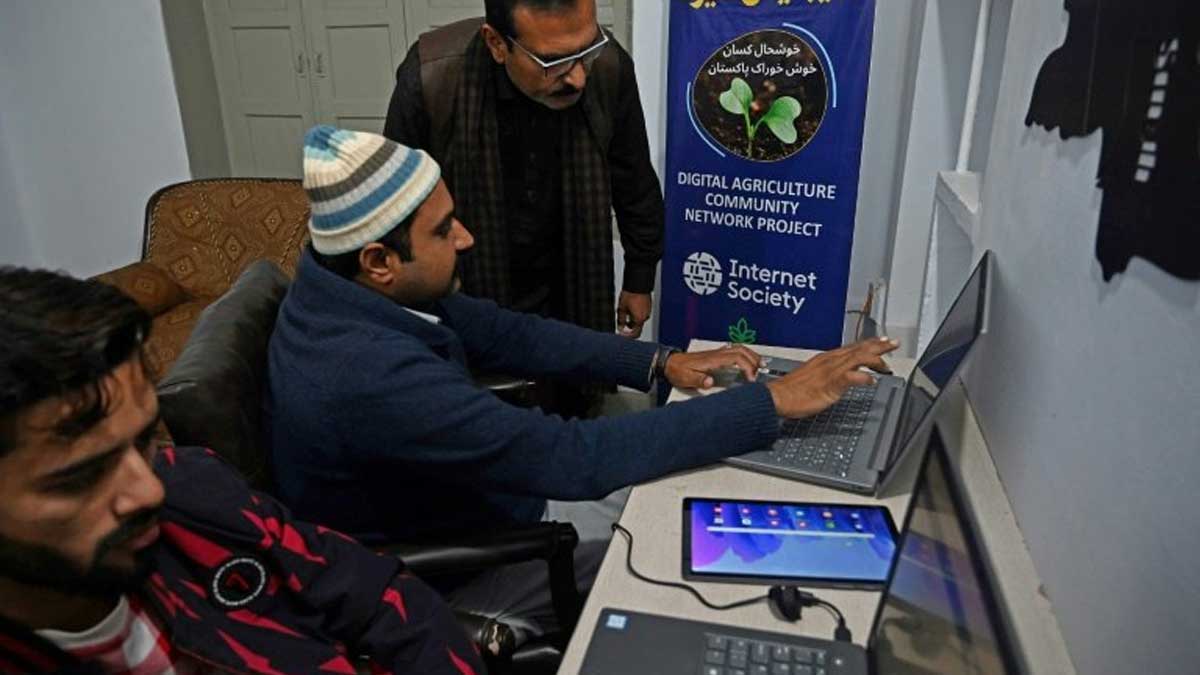Pakistan’s agriculture sector revolutionizing as the startups are bringing Pakistan’s farmers into the digital age by helping them to plan crops healthier and dispense their yield when the time is right.
While speaking to the media, Aamer Hayat Bhandara, a farmer and local councilor behind one such project stated that “the most modern machine we had was the tractor.” The farmer belonged to “Chak 26”, a village in the agricultural heartland of Punjab province.
Unfortunately, making mobile phone calls is even problematic in many parts of Pakistan, nonetheless, since October, agriculturalists in Chak 26 and model plans elsewhere have been given a free approach to the internet and it is revolutionizing the fashion they work.
Read more: Pakistani agritech firm aims to sell AI technology to Middle Eastern farmers
Agriculture is the backbone of Pakistan’s economy that accounts for almost 20 percent of gross domestic product and about a 40 percent of the workforce.
Moreover, it is worth mentioning that Pakistan is assessed to be the world’s fifth-largest producer of sugarcane, seventh-largest of wheat, and tenth-biggest rice cultivator but it generally trusts on human labor and holdups other big farming nations on mechanization.
A “Digital Dera” or meeting place in which six local farmers have come to see the computers and tablets that deliver exact weather prognoses, in addition to the latest market values and agricultural tips.
“I’ve never seen a tablet before,” said 45 years old Munir Ahmed, who grows potatoes, maize, and wheat.
“Before, we relied on the experience of our ancestors or our own, but it wasn’t very accurate,” added Amjad Nasir, another farmer, who hopes the project “will bring more prosperity”.
Additionally, on the other side of the supply chain, about 150 kilometers (90 miles) away in Lahore, a number of men load vegetables and fruit onto delivery bikes at a granary belonging to the start-up Tazah, which serves as a halfway between farmers and traders.
“Before the merchant had to get up at 5 am or 5:30 am to buy the products in bulk, at the day’s price, and then hassle with transporting them,” said Inam Ulhaq, regional manager.





















